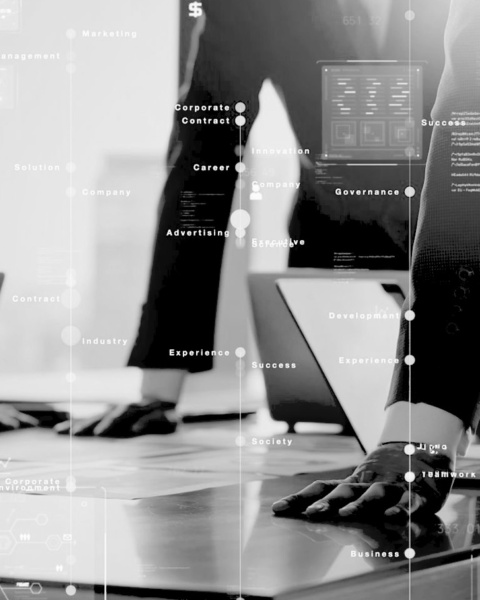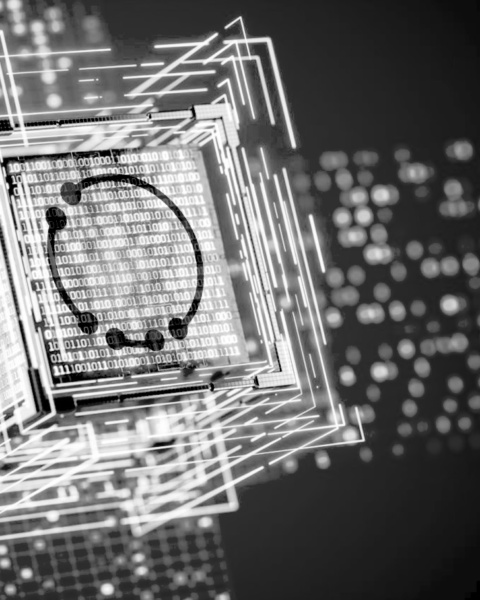The integration of artificial intelligence (AI) into software engineering has been a gradual yet transformative process, evolving from simple features like autocomplete to sophisticated, fully autonomous coding assistants. As AI tools continue to advance, they are reshaping the role of human developers, driving productivity, and introducing new possibilities in the world of software development. This article will trace the journey of AI in the field, highlighting key milestones in its capabilities and examining its impact on the way we code.
Early Days: Autocomplete and Code Suggestions
The journey of AI in software engineering began with relatively simple applications designed to assist developers in writing code faster and more accurately. One of the earliest examples of AI tools in this space was the autocomplete feature. It allowed developers to type less by suggesting completions for code snippets, variable names, and even entire functions based on the context of what they were working on. While these tools were basic compared to today’s standards, they laid the foundation for more sophisticated AI-driven development assistants.
The autocomplete function, which relies on machine learning algorithms to analyze patterns in code, was quickly integrated into popular integrated development environments (IDEs) like Visual Studio and Eclipse. This initial implementation enhanced productivity, reducing the time developers spent on repetitive typing tasks. However, the impact was still limited to making small improvements in day-to-day coding.
The Rise of Code Completion and Error Detection
As AI technologies advanced, developers began to benefit from more intelligent code completion tools. Rather than simply filling in the blanks, these tools started offering suggestions based on coding best practices, design patterns, and even context-aware logic. AI-powered error detection and debugging tools also emerged, allowing for real-time identification of bugs and issues, improving code quality and reducing the manual effort needed for testing.
For instance, tools like IntelliSense, which integrates AI with Visual Studio, took code suggestions a step further by offering context-based suggestions and real-time error alerts. This made it easier for developers to spot potential issues early in the development process, leading to more robust and efficient software.
AI-Powered Code Assistants: Enter GitHub Copilot
A major turning point in the evolution of AI in software engineering came with the release of GitHub Copilot in 2021. Developed by Microsoft in partnership with OpenAI, GitHub Copilot is a tool designed to act as an AI-powered coding assistant. Powered by the GPT-3 model, Copilot can generate entire blocks of code from a simple comment or prompt. This marked the shift from mere code completion to autonomous code generation.
GitHub Copilot and similar tools have significantly altered the way developers work. Instead of simply suggesting code or identifying errors, these AI assistants now write code alongside human developers, proposing solutions to complex problems and accelerating the development process. Copilot is capable of handling various programming languages, from Python to JavaScript, making it a versatile tool for developers working in different ecosystems.
By automating repetitive tasks, Copilot allows developers to focus on higher-level design and problem-solving, reducing cognitive load and increasing overall productivity. While it’s not a fully autonomous system, the tool has demonstrated the potential of AI to assist with writing, optimizing, and completing code.
The Rise of Fully Autonomous Coding Assistants
The next frontier for AI in software development is the development of fully autonomous coding assistants. These tools aim to take the capabilities of tools like Copilot one step further, allowing them to write entire applications or systems based on high-level user specifications without significant human intervention.
Companies like OpenAI, Google, and DeepMind are pushing the boundaries of autonomous code generation. For example, OpenAI’s Codex, the AI model behind GitHub Copilot, has shown impressive capabilities in generating code for complex algorithms, integrating third-party libraries, and adapting to various coding standards. The goal is to reduce the need for manual coding altogether, enabling developers to build software much faster and more efficiently.
Impact on the Role of Human Developers
As AI continues to advance, one of the most significant impacts will be on the role of human developers. With increasingly sophisticated tools, developers will no longer spend their time writing repetitive code or fixing common errors. Instead, they will shift towards more strategic tasks, such as designing architecture, defining business requirements, and making high-level decisions about the direction of a project.
While some fear that AI-driven coding assistants could displace developers, many experts believe that the role of human developers will evolve rather than vanish. Rather than performing the task of coding, developers will take on roles that involve guiding and supervising the AI, ensuring that the output aligns with project goals and organizational standards. This could require new skills, including the ability to manage AI-powered tools and integrate them into existing workflows.
Case Studies: Companies Leading the Way in AI-Driven Development
Several companies have already started adopting AI-driven development workflows, seeing firsthand how these tools can transform their coding processes. Microsoft, for example, has integrated AI-powered assistants into its Visual Studio Code editor and Azure cloud platform, making it easier for developers to build, test, and deploy applications.
Another example comes from Shopify, which has utilized AI to assist in building applications for its e-commerce platform. By integrating AI into its development workflows, Shopify has been able to reduce development time and increase the scalability of its applications.
These case studies highlight the tangible benefits AI brings to software development, from increased speed and productivity to the ability to tackle more complex and innovative projects.
The Future of AI in Software Engineering
Looking ahead, the role of AI in software engineering is set to expand even further. As AI becomes more advanced, its capabilities will continue to improve, making it possible for machines to handle more aspects of development. The vision is for a future where developers will have AI-powered tools at their disposal to assist in everything from design to deployment.
However, the challenge lies in ensuring that AI tools are used responsibly and ethically. As AI becomes more autonomous, questions about its decision-making processes, transparency, and accountability will need to be addressed. Developers will need to be proactive in ensuring that AI tools complement their work without introducing new risks or biases.
In conclusion, the evolution of AI in software engineering has come a long way, from basic autocomplete features to fully autonomous coding assistants. As AI continues to progress, it is poised to revolutionize the software development process, changing the role of developers and creating new possibilities for innovation and efficiency.




